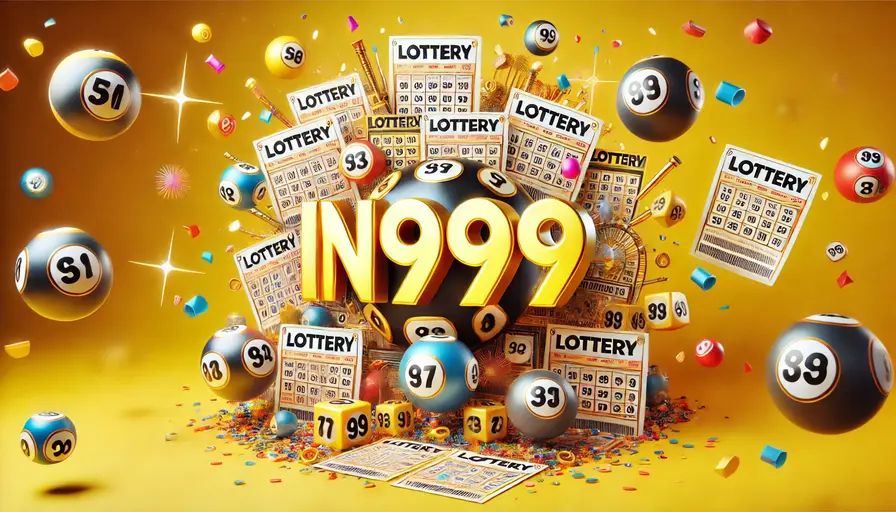Lotteries have captivated human imagination for centuries. in999 login From ancient Greece to modern-day powerball jackpots, lotteries continue to be a significant part of many cultures and societies. But beyond the thrill of winning big, what makes lotteries so intriguing?
A Historical Overview
The origins of lotteries can be traced back to ancient times. The Chinese Han Dynasty (205-187 BC) is believed to have used a lottery system to fund major projects, including the Great Wall of China. Similarly, ancient Rome had its own form of lottery, often used to distribute gifts during celebrations.
In medieval Europe, lotteries became popular as a means of raising funds for public projects and charitable causes. The first recorded European lottery was held in the Low Countries in the 15th century, where towns used the proceeds to build fortifications and support the poor.
The concept spread to England and eventually to the American colonies. In 1612, the Virginia Company held a lottery to fund the Jamestown settlement. Over time, lotteries evolved into a widespread phenomenon, contributing to public services, education, and infrastructure.
How Lotteries Work
Modern lotteries typically involve purchasing tickets with a set of numbers. A drawing is then held to select winning numbers. While the mechanics are straightforward, the appeal lies in the odds and the potential for life-changing prizes.
Lotteries vary in format and purpose. Some are designed to raise funds for public services, while others are purely for entertainment. The odds of winning vary significantly depending on the type of lottery and the number of participants. For instance, national lotteries often have better odds due to a larger pool of participants, but the jackpots are usually smaller compared to regional lotteries.
The Psychology of Lottery
The allure of lotteries is deeply rooted in psychology. The possibility of winning a large sum of money, even if the odds are slim, creates a powerful sense of hope and excitement. This phenomenon, known as “gambling optimism,” is driven by cognitive biases that make people overestimate their chances of winning.
Moreover, the fantasy of instant wealth can have a profound impact on individuals. Studies have shown that people who win lotteries often experience a range of psychological effects, from euphoria and increased life satisfaction to stress and isolation. The sudden shift in lifestyle and the pressure of managing newfound wealth can be overwhelming.
Economic and Social Impact
Lotteries have a significant economic impact. They generate substantial revenue for governments and organizations, funding a variety of projects and services. For instance, in many countries, lottery proceeds are used to support education, public health, and infrastructure.
However, there are also criticisms of lotteries. Some argue that they disproportionately affect lower-income individuals, who may spend a larger percentage of their income on tickets. This has led to debates about the ethics of lottery systems and their role in society.
Future of Lotteries
As technology advances, lotteries are evolving. Online platforms and mobile apps are making it easier for people to participate, while blockchain technology promises to increase transparency and security. The future of lotteries may see more innovative formats and greater integration with digital technologies, making the experience even more engaging.
Conclusion
The lottery is more than just a game of chance; it’s a reflection of human hope and ambition. Whether viewed as a means of raising funds for public goods or as a form of entertainment, lotteries have a unique place in our society. They tap into our dreams of instant wealth and transformation, while also raising important questions about probability, psychology, and social impact.
So, the next time you buy a lottery ticket, remember that it’s not just about the jackpot—it’s about participating in a fascinating global tradition with a rich history and an uncertain future.

